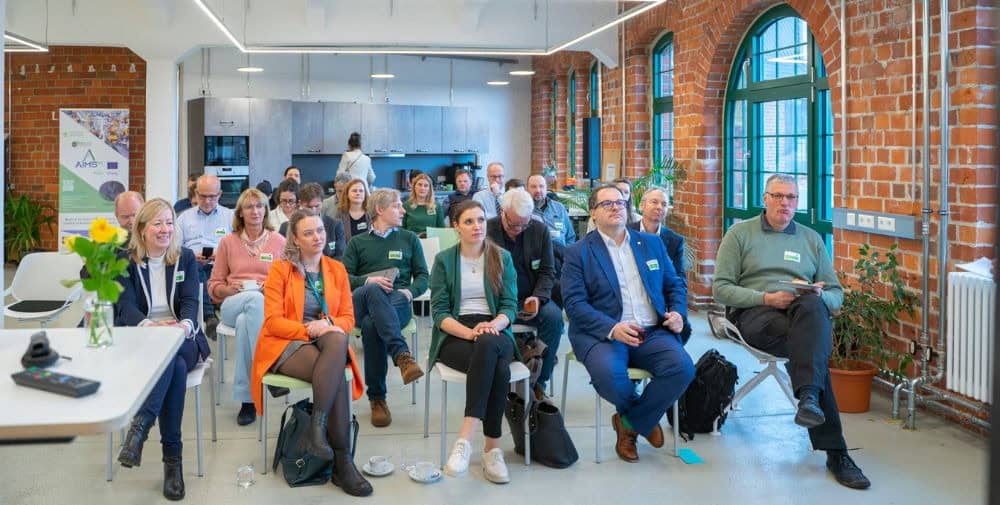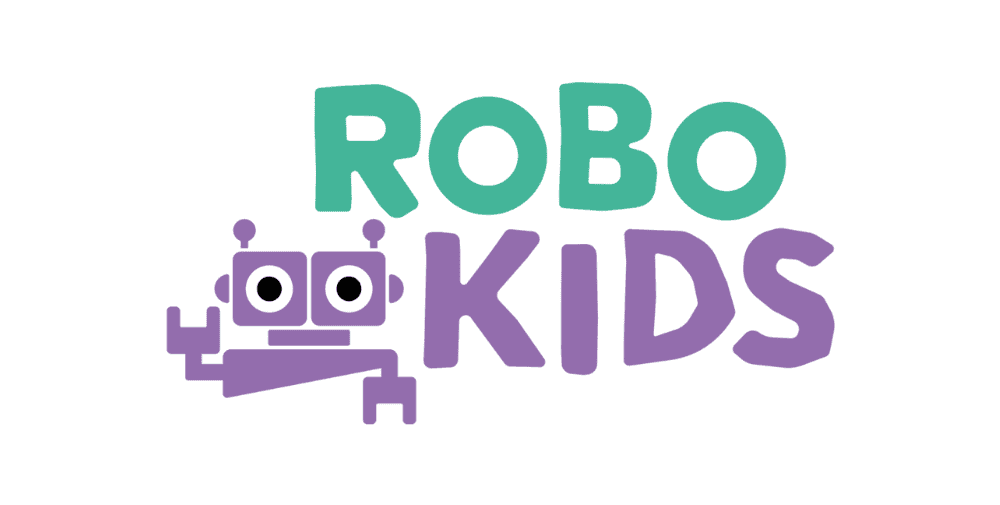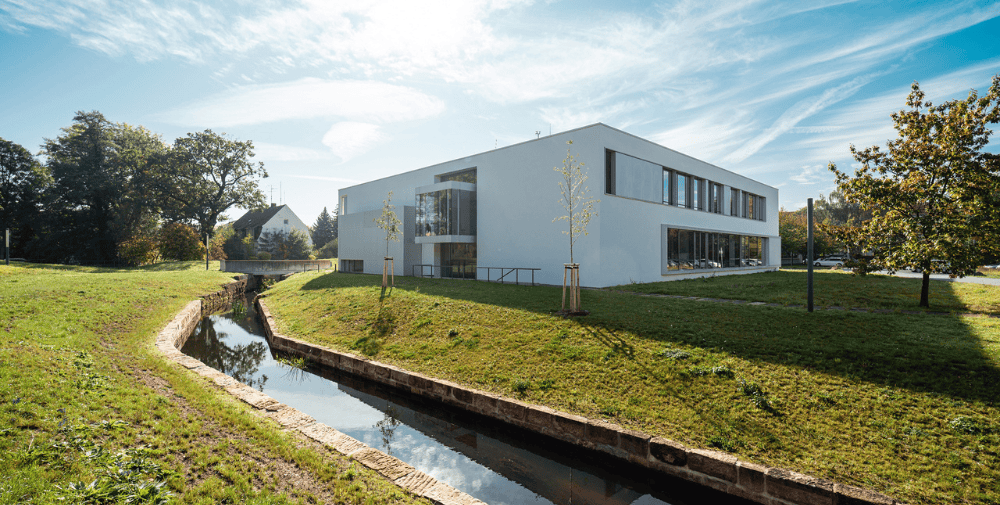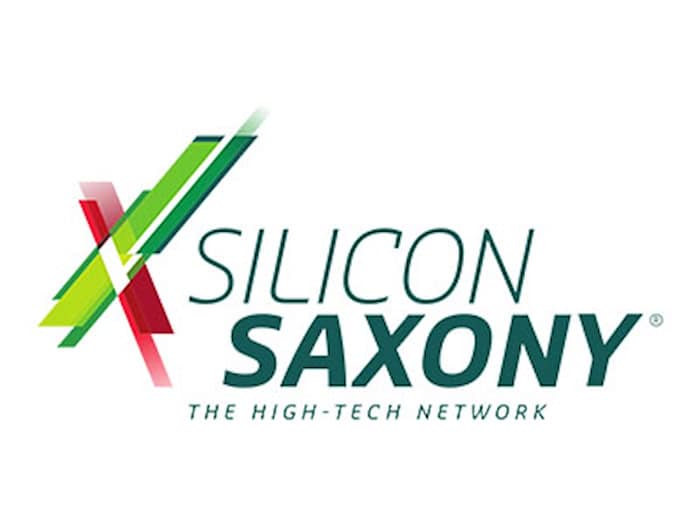
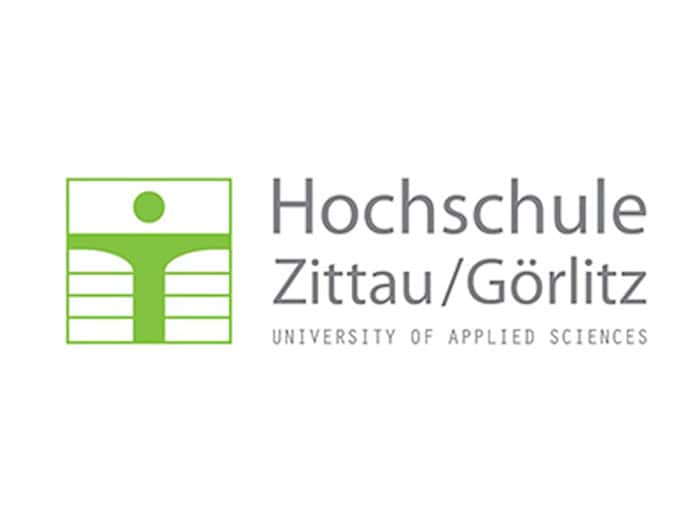
The draft for a corresponding curriculum was discussed by university professors Gerd Fischer, Jan Mollitor and Jens Weber with representatives from Saxon high-tech companies and Fraunhofer Institutes as part of a workshop at Zittau/Görlitz University of Applied Sciences on 26 November 2024. At the same time, other participants discussed a second course profile, which is also currently being designed: that of a Digital Transformation Manager. Understanding the digital transformation of one’s own company as a continuous process and providing competent support – the interest of companies in employees who can take on this task has increased significantly in recent years.
But what skills does such a person need? And how can they be acquired? These questions were the subject of the discussion on this profile, which also focuses on the Saxon semiconductor industry. However, it should also be suitable for companies in other sectors that are dealing with similar issues and tasks in the context of digitalization and the increasing use of AI. From specialist knowledge about AI, data analysis and data security, to process knowledge in the business environment and management, e.g. with regard to complexity, innovation and sustainability, and methodological knowledge, e.g. dealing with conflicts and effective communication with people, IT and AI, through to social skills ranging from abstraction and analytical thinking to intercultural skills, creativity and curiosity – the various hard and soft skills that are to be taught and trained in the new degree program make this career profile a versatile one.
In a third discussion round, the workshop participants at the Celsiuz – Co-Creation Lab in Zittau dealt more generically with the topic of “future skills”. This was an in-depth discussion about skills that students should acquire from a business perspective, regardless of their specific field of study.
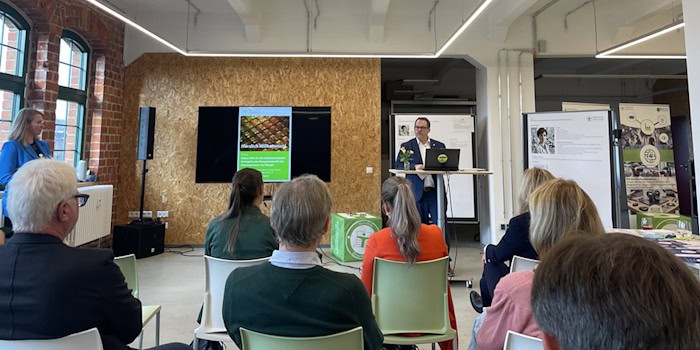
Prof. Dr.-Ing. Alexander Kratzsch, Rector of Zittau/Görlitz University of Applied Sciences, welcomes the approximately 30 workshop participants to the Celsiuz – Co-Creation Lab. Photo: Sven Müller, HSZG
From the point of view of Prof. Dr.-Ing. Alexander Kratzsch, Rector of Zittau/Görlitz University of Applied Sciences, and Prof. Dr. Sophia Keil, Vice-Rector for Education and International Affairs, their university is exactly the right place for the new degree courses, as it is a university of applied sciences. “Dual study programs, e.g. the cooperative engineering study program based on the “KIA model”, offer a high degree of practical relevance and the opportunity for companies to support students from the first semester onwards, e.g. in the form of internships or employment alongside their studies, and to profitably employ them in the company after just two years for an internship semester and the subsequent Bachelor’s thesis,” explained Sophia Keil in her keynote speech.
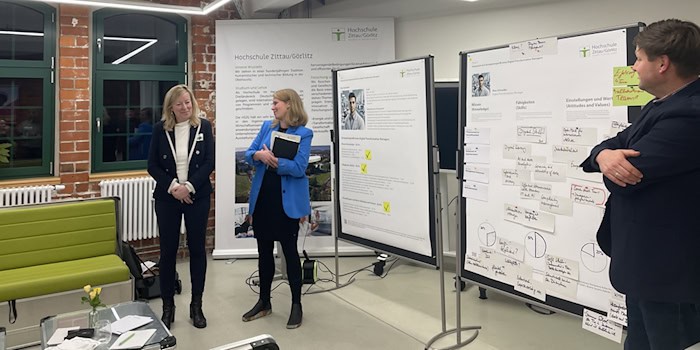
Prof. Dr. Sophia Keil, Vice-Rector for Education and International Affairs, moderator Leonie Liemich from the Center for Innovation and Technology Transfer at Zittau/Görlitz University of Applied Sciences and Daniel Winkler, University Didactics Officer (from left to right) discuss the results of the exchange on the profile of the Digital Transformation Manager. Photo: Sven Müller, HSZG
In the view of the university, the demand for such models from industry has continued to rise in recent years. Many companies looking for skilled workers are interested in giving students the opportunity to work in their own company at an early stage and to recruit them as future employees in this way. The main opportunity here is that students gain practical experience at an early stage and can therefore be deployed much more quickly after graduation.
The feedback from the workshop will be incorporated into the further development of the new degree courses. These should then start in 2026 at the latest.
Author: Katrin Meusinger
– – – – – –
Further links
👉 www.hszg.de
Photo: Sven Müller, HSZG
